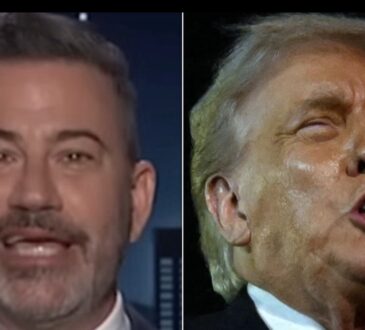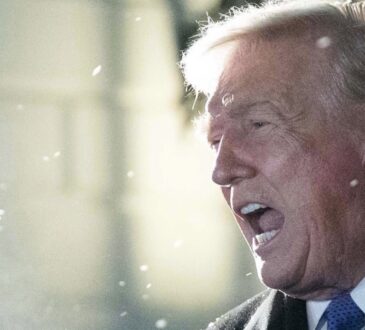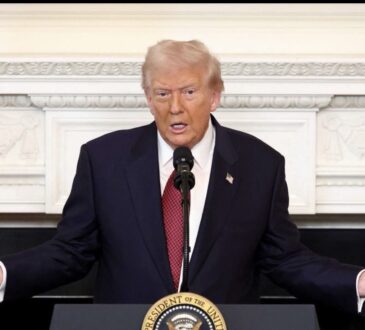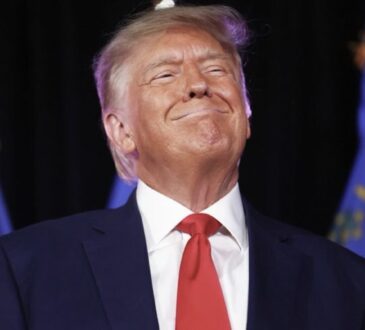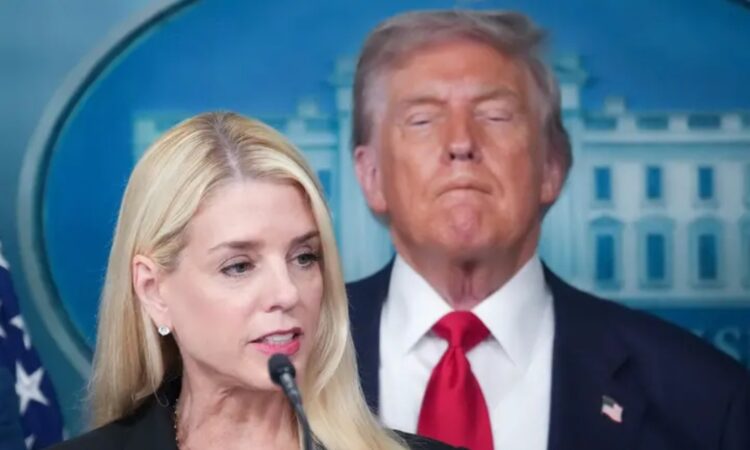
On Thursday, Attorney General Pam Bondi took a dramatic step that legal experts say is both unconstitutional and unprecedented: she tried to seize control of Washington, D.C.’s police force.
Standing at the White House podium with Donald Trump by her side, Bondi announced that she was replacing Pamela Smith the Metropolitan Police Department’s duly appointed chief with Terry Cole, Trump’s handpicked head of the DEA. She also claimed authority to throw out local “sanctuary” policies that bar D.C. officers from enforcing federal immigration law and ordered police to crack down on protests deemed “unlawful.”
This power grab triggered an immediate legal challenge. D.C. Attorney General Brian Schwalb filed suit Friday morning, asking the courts to block Bondi’s orders. His argument is straightforward: the Constitution gives Congress, not the president, ultimate authority over the District.
And Congress already decided in 1973, through the Home Rule Act, that the city’s elected mayor has the power to appoint and oversee its police chief. Lawmakers explicitly rejected the idea of letting the president make that choice, warning at the time that it would destroy D.C.’s limited right to govern itself.
The Home Rule Act does give presidents narrow powers in emergencies. They can require the mayor to temporarily direct the city’s police to help protect federal buildings or officials for up to 30 days.
But nothing in the law lets a president or attorney general remove the mayor from the chain of command or permanently impose their own appointees. By trying to sidestep the mayor altogether and override local laws, Bondi went far beyond what the statute allows.
Mayor Muriel Bowser initially acknowledged that Trump could request short-term help from MPD, though she disputed whether any emergency even existed. That’s why city police cooperated in patrols alongside federal agents and National Guard units earlier in the week. But when Bondi escalated by ousting Smith and issuing broad new directives, D.C. officials drew a line.
Chief Smith herself warned in a sworn statement that Bondi’s move would cause “operational havoc” and make the city less safe. She said replacing leadership overnight would confuse officers, waste resources, and distract from real threats like violent crime, drugs, and burglaries.
In her words, Bondi’s order posed “a greater threat to law and order” than anything she had witnessed in nearly three decades on the force.
Trump’s attempt to federalize D.C.’s police force is widely seen as a trial balloon for similar interventions in other Democratic-led cities. Because D.C. lacks statehood, it is more vulnerable to federal overreach, but legal experts stress that the law is still on the city’s side. Congress deliberately protected the District’s right to manage its own police, and courts are now being asked to enforce those protections.
Whether or not Trump and Bondi succeed, the fight highlights how fragile D.C.’s autonomy remains—and how quickly it can be threatened when a president decides to test the limits of power.

